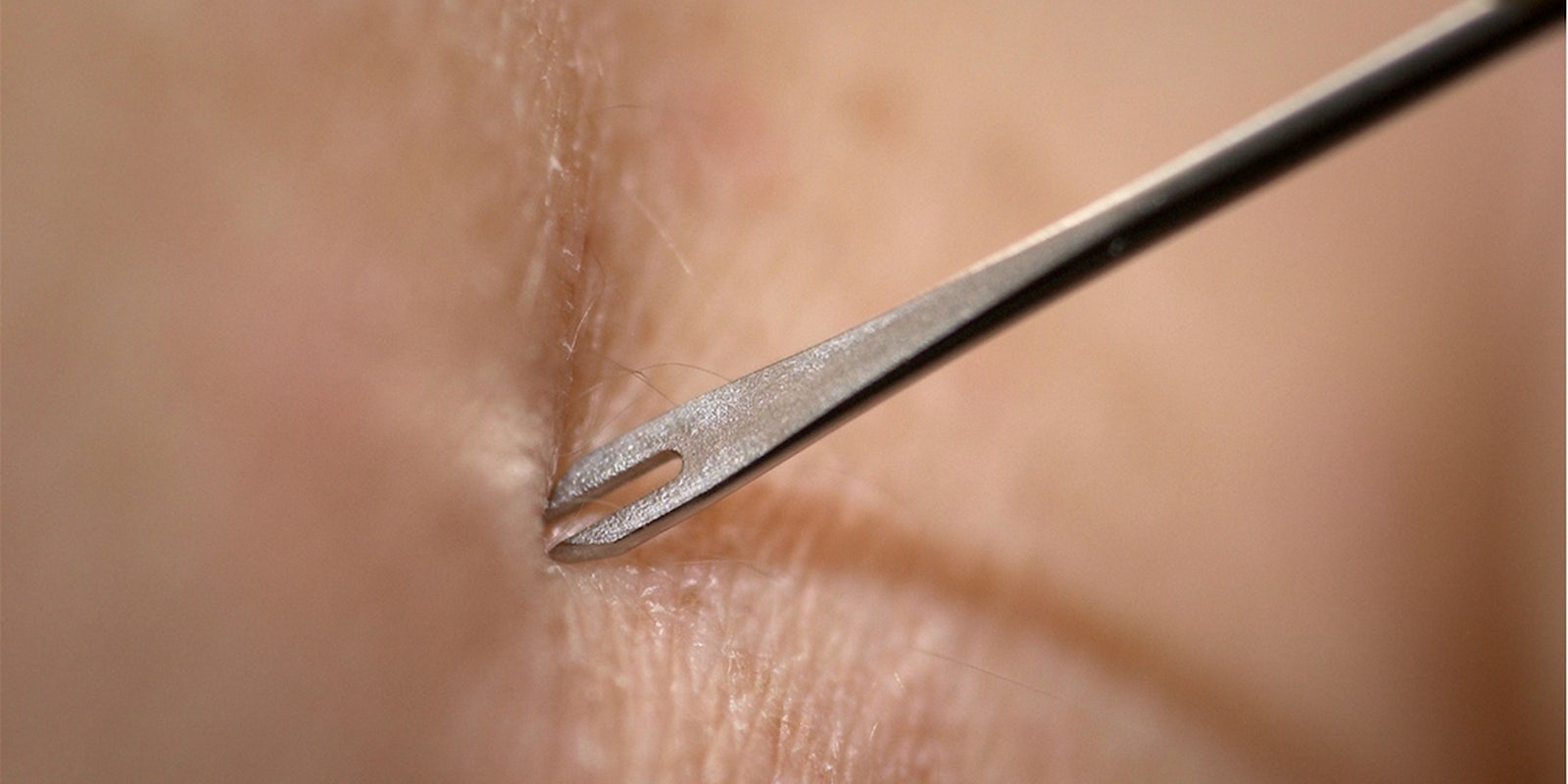America now has a measles problem. But who really needs to be concerned?
An autopsy revealed a woman in Washington died of complications related to measles—the first confirmed U.S. death from the disease in 12 years—according to state officials. She was likely exposed at a medical facility in Clallam County near Seattle, according to CBS News.
The woman, whose name has not been released to protect her privacy, had been vaccinated against measles as a child but was taking immune-suppressing drugs at the presumed time of her exposure. Slate reported that vaccination rates in Washington are dangerously low, putting people with compromised immune systems or who are otherwise unable to be inoculated against preventable diseases at greater risk of infection. Slate also mentioned that another Clallam County resident who came down with measles had been vaccinated as a child but was not up-to-date with the shots, putting her or him at risk.
The unfortunate death highlights the importance of herd immunity. Maryn McKenna, a science journalist who covers infectious disease, wrote about this case on her blog Germination at National Geographic.
According to investigative work by the state department, the woman had been vaccinated, though spokesperson Donn Moyer told me her mother was not able to locate a vaccination record. (Update: According to further state info, the woman learned she might have been exposed to measles; had her degree of immune protection checked, and discovered she would have had enough immunity to protect against measles if she had not been taking the immune-suppressing drugs.) Nevertheless, because of the immune suppression, she became infected. And, also because of the immune suppression—this is important—once the disease developed, she did not experience the characteristic rash. [Authors note: this is because the rash is caused by the immune system reacting to the disease, not the disease itself.] Instead, she developed pneumonia. That was one of the chief causes of death from measles in the pre-vaccine era. But measles pneumonia is now so rare—because measles itself is rare, though not as rare as it was—that it is not the first explanation that leaps to mind when a case of pneumonia occurs.
McKenna went on to emphasize how many people may fall into the category of “unknown vulnerabilities” like those with cancer or HIV. Additionally, common sense suggests that both people infected with measles and those with weakened immune systems are likely to be found at medical facilities.
The news comes on the heels of the recent legislature in California (and Jim Carrey’s vicious criticism of it) that eliminated religious and personal beliefs as an option for children enrolling in school to opt out of vaccine programs. However, that law did allow children unvaccinated due to personal or religious beliefs to continue daycare until kindergarten and elementary school until the 7th grade, at which point the parents must either vaccinate the child or homeschool them. That means that there’s at most a 7-year window in which currently unvaccinated children may continue attending school.
Tara Haelle, who writes about health, medicine, and vaccines for Forbes, wrote an article about the importance of vaccination as well.
Measles was declared eliminated from the U.S. in 2000, which means it is not endemic, or no longer circulates on its own. However, some experts fear that may change with the recent increase in cases and outbreaks, especially because the disease is so contagious. It is one of the most infectious human diseases on the planet. For every 100 people exposed who have not been vaccinated or are not otherwise immune, an estimated 90 of them will contract the illness.
Haelle also mentioned a case study of an epidemic of the disease in the Netherlands wherein the level of vaccination of the population around you was directly related to your chances of infection. In that study, unvaccinated people surrounded by vaccinated people were less likely to contract measles than vaccinated people in a largely unvaccinated population.
As an increasing number of people on Twitter would like to remind everyone, this tragic case is the more reason to #vaccinateyourdamnkids.
https://twitter.com/kachiles/status/616682806052302848
Image via James Gathany (CDC)/Wikimedia (Public domain)


